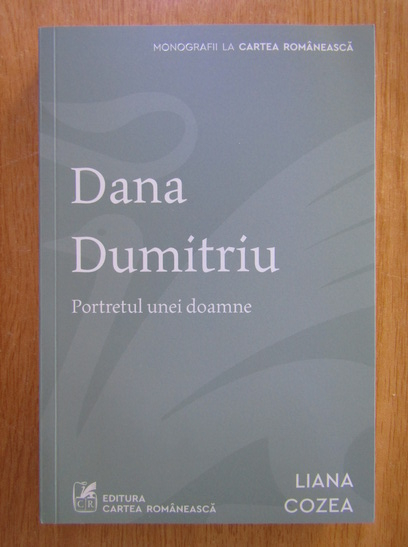


On the other hand, through these two poets I managed to bring together themes of both the left and the right from Romania in recent years. On the one hand, Teodora Coman and Elena Vlădăreanu present two different types of a committed writer’s posture, which I differentiated as a soft one and a hard one. There are two reasons for choosing these two poets. In the last part of the paper I bring into discussion two contemporary poets who are known for their strongly politically marked volumes of poetry, Teodora Coman and Elena Vlădăreanu. A change is taking place in the last two decades, with the development of the material conditions conducive to the emergence of an urban middle class that can artistically articulate its political ideology. This excursus through the history of Romanian culture reveals that not only the communist experience compromised the engaged literature, but there is also a certain resistance inherent to the Romanian literary field to anything that could affect the so-called aesthetic autonomy, one of the guiding principles of the Romanian literature of the last century and a half. The engaged literature carries with it a stigma in the Romanian literary field of which historical and social causes I exhibit in the first part of the paper. To analyze the posibilities of this relation I chose to look upon the case of the engaged literature, a type of writing in which the link between the text and the context is obvious. This paper aims to explore the way in which the literary posture of a writer and his or hers poetics reflect and influence each other.


 0 kommentar(er)
0 kommentar(er)
